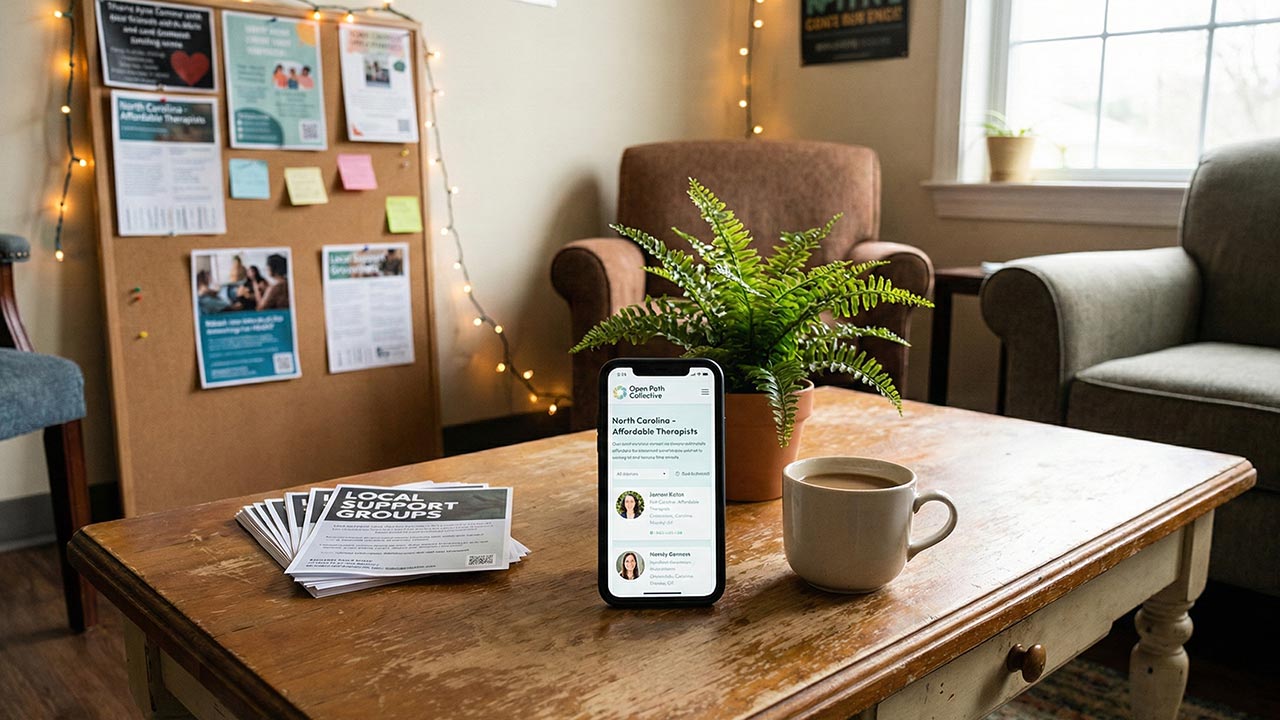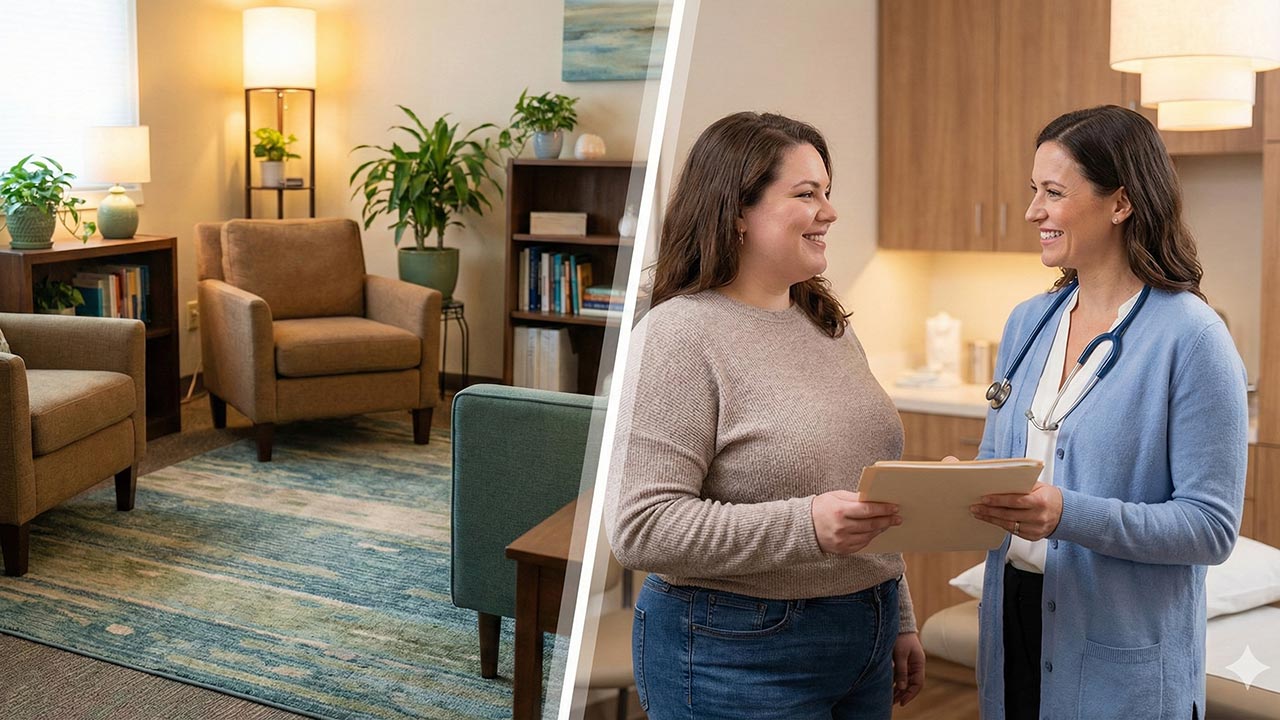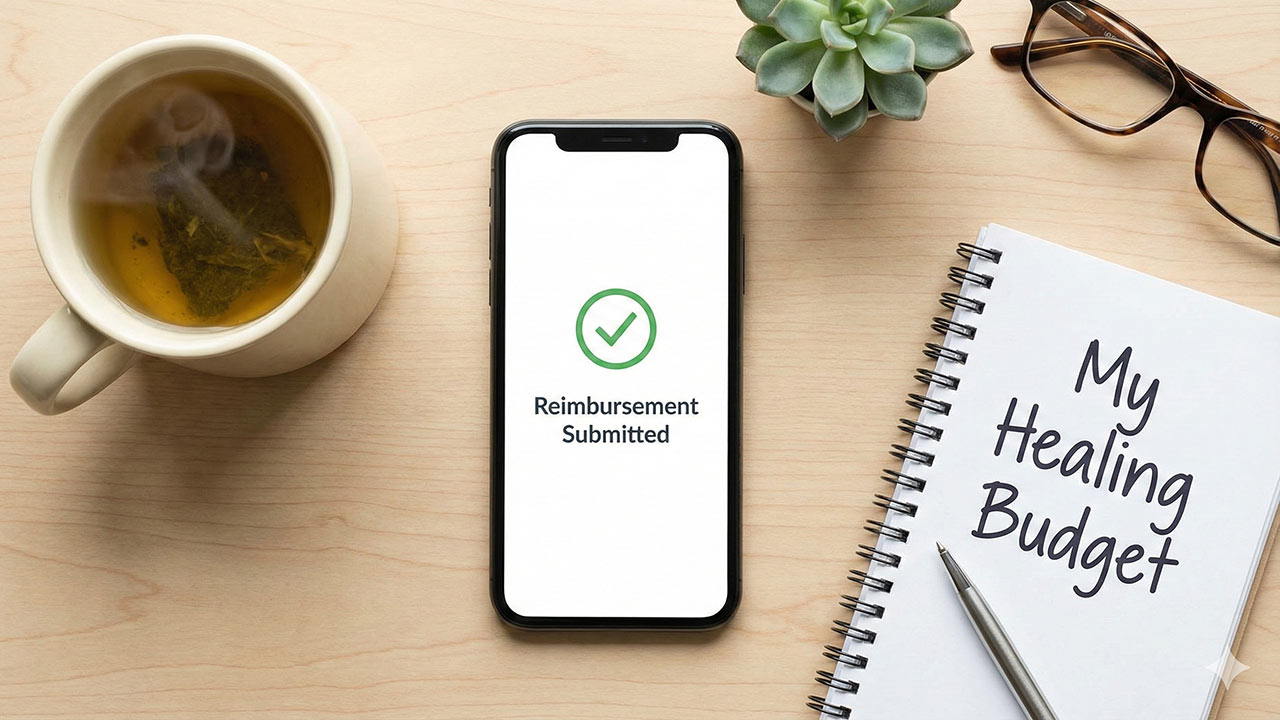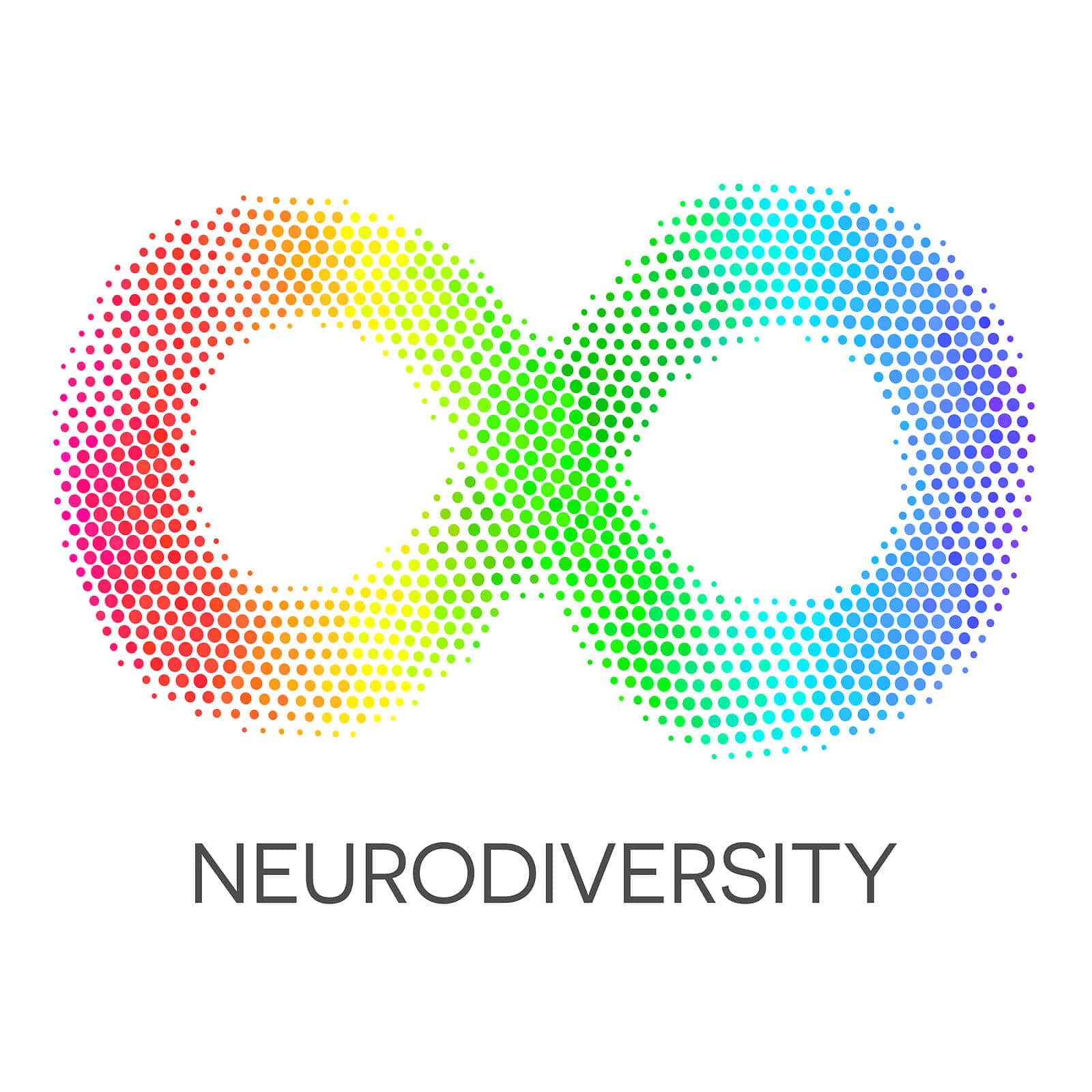Understanding the difference between Couples Therapy and Marriage Counseling can empower you to make an informed decision and find the harmony your relationship deserves. In any relationship, disagreements, conflicts, and challenges are bound to arise. When these difficulties become overwhelming or persistently unresolved, seeking professional help can be a game-changer.
But how do you know whether couples therapy or marriage counseling is the right fit for you?
Couples therapy aims to improve communication, enhance intimacy, and resolve partner conflicts. It helps them navigate the ups and downs of their relationship.
On the other hand, marriage counseling addresses the struggles within the institution of marriage. It often delves into deeper issues that involve trust, commitment, and compatibility.
By recognizing the nuances between couples therapy and marriage counseling, you can better align your specific needs with the appropriate professional guidance.
Seeking Professional Help for Relationship Issues
In today’s fast-paced world, relationships often face numerous challenges that can lead to misunderstandings and conflicts. These issues can stem from various sources, including stress from work, financial pressures, and differing expectations.
When couples encounter persistent difficulties, it can be hard to deal with them without outside help. Seeking professional support can provide a fresh perspective and offer tools to improve communication and understanding. Professional therapists bring expertise and experience. They allow couples to address their concerns in a constructive and supportive environment.
The stigma surrounding seeking help has diminished over the years, making it more acceptable for couples to pursue therapy or counseling. Just as one would consult a doctor for physical ailments, addressing emotional and relational issues should also be viewed with the same importance.
By reaching out for help, couples demonstrate a commitment to their relationship and a willingness to invest time and effort into its growth. This proactive approach can lead to healthier dynamics and deeper emotional connection between partners.
Professional guidance can support individuals develop better coping strategies and essential skills, such as active listening and empathy, which can transform their interactions. When partners learn to communicate effectively, they not only resolve conflicts more efficiently but also build a more fulfilling relationship.
Understanding Couples Therapy
Couples therapy is a specialized form of therapy aimed at helping partners improve their relationship by enhancing communication and resolving conflicts.Unlike individual therapy, which focuses on personal issues, couples therapy centers around the dynamics between partners.
This approach recognizes that both individuals contribute to the relationship’s challenges and that working together is essential for growth and healing. The therapist acts as a neutral facilitator, guiding the couple through discussions that may be difficult to navigate on their own.
One of the most significant aspects of couples therapy is that it provides a safe space for both partners to express their feelings and concerns without judgment. The therapist encourages open dialogue, where each person can share their perspectives and emotions.
This process not only clarifies misunderstandings but also helps partners appreciate each other’s viewpoints. As communication improves, couples often find that they can tackle issues more effectively, leading to increased intimacy and connection.
In couples therapy, the focus is not solely on resolving conflicts; it also emphasizes the importance of connection and understanding. Therapists often incorporate techniques that promote emotional bonding, such as guided exercises that encourage vulnerability and trust.
These activities can help partners rediscover the love and affection that may have been overshadowed by their struggles. Ultimately, the couples therapy’s goal is to strengthen the couple’s bond and empower them to navigate future challenges with confidence and resilience.
Goals and Techniques Used in Couples Therapy
The aim of couples therapy is to improve the overall quality of the relationship by addressing specific issues and enhancing communication skills.
One key technique used in this form of therapy is active listening, which encourages partners to fully engage with what the other is saying. This practice promotes understanding and empathy, allowing partners to experience each other’s feelings and perspectives more deeply.
By learning to listen without interrupting or dismissing the other’s feelings, couples can establish a stronger foundation for their interactions.
Another technique commonly employed in couples therapy is role-playing, which allows partners to step into each other’s shoes and gain insight into each other’s emotions. This method can be effective in highlighting the impact of one’s behavior on the other partner’s feelings.
By reenacting scenarios that have triggered conflicts, couples can identify patterns of communication that may be contributing to their issues. Through this process, they can develop healthier ways to respond to each other and have constructive conversations.
Additionally, couples therapy often uses cognitive-behavioral techniques that help partners identify negative thought patterns and beliefs affecting their relationship. By challenging these thoughts, couples can work towards reframing their perspectives and adopting healthier attitudes toward one another.
This shift can lead to increased satisfaction in the relationship as partners learn to appreciate each other’s strengths and contributions.
When to Consider Couples Therapy for Relationship Issues
There are several indicators that couples may benefit from therapy, and recognizing these signs is crucial for fostering a healthy relationship.
One common sign is persistent conflict that seems to escalate without resolution. If arguments have become frequent and increasingly intense, it may indicate deeper issues that require professional intervention.
Couples who are stuck in negative patterns of communication and struggle to listen to each other or express their needs, may also benefit from therapy to break this cycle and develop healthier interactions.
Another scenario that often warrants couples therapy is when partners feel emotionally disconnected or distant. If either partner feels lonely or unappreciated in the relationship, seeking therapy can help reignite that emotional connection and foster intimacy.
Couples experiencing significant life transitions, such as retirement, child birth, career shifts, relocation or empty nesting, may find it beneficial to explore their evolving dynamics with the guidance of a therapist.
Lastly, couples who are contemplating separation or divorce may find that therapy is a valuable resource before making any final decisions. Engaging in couples therapy can provide partners with the opportunity to explore their feelings, clarify their needs, and assess whether their relationship can be salvaged.
Many couples discover that with the right professional support and commitment, they can work through their issues and strengthen their bond.
Understanding Marriage Counseling
Marriage counseling is often viewed as a more specialized form of therapy. It focuses on the unique challenges faced by married couples. While it shares similarities with couples therapy, marriage counseling deals with issues directly related to the institution of marriage itself.
These issues may include exploring topics such as commitment, trust, fidelity, and shared goals. The therapist works with both partners to address the complexities in their specific marital relationship is a safe and supportive environment.
A key aspect of marriage counseling is its emphasis on the underlying patterns that may be affecting the marriage. This may involve examining each partner’s family history, communication styles, and belief systems regarding marriage.
By understanding how these factors shape their interactions, couples can identify patterns that contribute to their struggles. This exploration can help partners gain valuable insights into their relationship dynamics and create a greater understanding of one another. Marriage counseling also helps couples develop specific strategies for addressing their issues. This may involve creating shared goals, establishing boundaries, and enhancing commitment to each other.
The therapist may introduce techniques such as conflict resolution skills, effective communication strategies, and problem-solving approaches tailored to the couple’s unique circumstances.
Goals and Techniques used in Marriage Counseling
One of the essential techniques employed in marriage counseling is the development of effective communication skills. This often involves teaching partners how to express their feelings and needs assertively while also being receptive to their spouse’s perspective.
By facilitating open and honest communication, couples can address misunderstandings and conflicts more effectivel It can also reduce the likelihood of resentment and emotional distance between them.
Another technique commonly used in marriage counseling is the exploration of family dynamics and past experiences. Therapists may guide couples to reflect on their upbringing, family values, and previous relationships to understand how these factors influence their current marriage.
This exploration can uncover patterns that may cause problems in the relationship, and allowi partners to work together to break free from these cycles. By gaining insight into their individual histories, couples can develop greater empathy for each other.
Additionally, marriage counseling often incorporates goal-setting exercises that encourage couples to express their shared vision for the future. This may involve discussing aspirations, values, and priorities that are important to both partners.
By establishing common goals, couples can create a roadmap for their relationship that involves unity and collaboration. This approach not only enhances commitment but also reinforces the idea that both partners are invested in the success of their marriage.
When to Consider Marriage Counseling for Relationship Issues
Recognizing when to seek marriage counseling is important for couples facing challenges in their relationship.
One clear indication is when unresolved conflicts persist over time, leading to feelings of frustration and hopelessness. If discussions about issues such as finances, parenting, or intimacy frequently lead to arguments rather than resolution, it may be time to consider professional help.
Marriage counseling can provide the tools necessary to work through these conflicts in a constructive mannerm and help couples find common ground.
Another significant sign that couples may benefit from marriage counseling is a decline in emotional intimacy. This decline is showing through avoidance of difficult conversations, lack of affection, or increased tension in the relationship
If partners feel disconnected or have lost the ability to share their thoughts and feelings, seeking counseling can help them reconnect. Marriage counseling offers a safe space for partners to explore their emotional needs and rediscover the intimacy that may have been lost.
In addition, couples facing major life transitions—such as the arrival of a child, career changes, or retirement—may find marriage counseling beneficial. These transitions tend to create stress and uncertainty in a relationship. A therapist can help couples navigate these changes and foster adaptability and resilience.
Differences Between Couples Therapy and Marriage Counseling
While couples therapy and marriage counseling share the common goal of improving relationships, there are key differences that set them apart.
Couples therapy tends to focus on the dynamics between partners and emphasize communication, intimacy, and conflict resolution. It is often more flexible in terms of the issues it addresses, allowing couples to explore a wide range of topics affecting their relationship. This approach can be beneficial for couples at various stages of their relationship, whether they are dating, engaged, or married.
In contrast, marriage counseling is specifically geared toward married couples and often delves deeper into the complexities associated with the institution of marriage. It typically addresses issues such as commitment, trust, and shared values.
Marriage counseling often involves more structured approaches, as therapists guide couples through specific exercises aimed at reinforcing their marital bond. This focus on the institution of marriage can provide couples with a clearer understanding of their roles and responsibilities to one another.
Another distinction lies in the duration and structure of the sessions. Couples therapy may be more short-term and solution-focused. It allows couples to address immediate concerns and improve their relationship swiftly.
In contrast, marriage counseling may involve a longer-term commitment, as couples work through deeper-rooted issues that require more extensive exploration and healing.
Understanding these differences is crucial for couples seeking the right type of support for their unique circumstances.
Choosing the right approach for your relationship
Navigating the complexities of relationships can often feel overwhelming, but understanding the distinctions between couples therapy and marriage counseling can empower partners to make informed decisions about their journey.
Both approaches offer valuable tools and support for couples seeking to improve their relationships, whether they are facing conflicts, seeking to enhance intimacy, or exploring deeper commitment and trust issues.
When considering which approach is best suited for your relationship, it is essential to reflect on your specific needs and goals. If you and your partner are looking to enhance communication and resolve conflicts, couples therapy may be the ideal fit.
However, if your relationship is experiencing significant challenges related to the institution of marriage itself, such as trust issues or emotional disconnection, marriage counseling is a better fit.
The choice between couples therapy and marriage counseling is a personal one that should be based on the unique dynamics of your relationship. Regardless of the path you choose, seeking professional help can be an effective step toward building a healthier and more fulfilling partnership.














